Transport operators in Malta cannot be put on the same level as other operators in Europe

The EU’s Emissions Trading System Directive, more commonly referred to as the ETS Directive, has sparked concerns among importers and exporters in Malta. The challenges of this new EU tax started surfacing this month as the directive came into force on January 1.
These concerns are more than legitimate.
Importers and exporters not only have to deal with inflationary costs and COLA increases which already have a bearing on their prices, but given that most of their road operations are based in Europe, they will also need to factor in the eventual toll increases and other inflationary increases there.
Therefore, this new environmental tax on shipping will unavoidably lead to further increases in the price of transport of all imports and exports by sea.
Moreover, there also needs to be a recognition of the impact that this tax will have on both Malta Freeport and Valletta Grand Harbour’s Ro-Ro operations, two pillars of our economy and fundamental connections for the transportation of essentials.
Another concern is that while this tax applies across the EU, really and truly, it mostly impacts countries like Malta which rely on maritime connections for their essential imports, exports and economic activity, a fact exacerbated by the recent pandemic.
Let us not forget that Malta’s international trailer operators have always played a vital role in connecting the island to global ports. Currently, Maltese operators are handling an average of 1,300 trailers weekly.
In principle, we are not against the ETS Directive. We understand that the maritime sector, just like other sectors, is also a polluter which should be incentivised to start operating with more environmental responsibility. In fact, it is already positive that several forward-looking ship owners and operators have already taken various initiatives to operate vessels with more sustainable engines.
However, what we are saying is that transport operators in Malta cannot be put on the same level as those operators who are not burdened with our geographic and commercial disadvantages. The impact of this directive is excessively disproportionate when compared to our European peers.
At the EU level, this issue falls under Qualified Majority Voting (QMV), making it a delicate diplomatic matter. As such, there needs to be a structured approach to ensure a level playing field by leveraging Malta’s reputable position in international organisations such as the International Maritime Organisation, where Malta, as the largest European flag and the sixth-largest flag in the world, already enjoys a very high reputation.
The growth and success of Malta’s flag came from the fact that this sector was never politicised. Therefore, this is how we need to face this new challenge – by not politicising it and by tackling it professionally and pragmatically.
Today, more than ever, all stakeholders in this sector need to put up a united front in addressing the challenges posed by the ETS Directive to ensure an outcome where Malta’s unique interests are duly defended.
Secondly, there needs to be due engagement with all those specialised individuals at EU level, including Malta’s MEPs, while seeking more collaboration with the International Maritime Organisation.
As the newly appointed chairperson of ATTO, our association will remain committed to helping address the challenges that our country will be facing due to the ETS Directive. We have in fact already started engaging in discussions and making our association’s views known at both local and international levels.
Our collective argument needs to centre around the irrefutable fact that Malta’s particular circumstances are not compatible with a one-size-fits-all policy, especially when this matter is of a national interest.
Malta’s response to the ETS Directive requires a strategic, non-politicised approach that recognises the unique challenges faced by our island nation. By fostering a collaborative scenario, we can leverage Malta’s influence in international maritime circles and ensure that the impact of the ETS Directive on Malta is mitigated.
Protecting Malta’s interests is in the national interest and ultimately in the interests of businesses and Malta’s consumers.
Joseph Bugeja is the chairperson of the Association of the Tractor and Trailer Operators (ATTO), which represents 80 per cent of operators of tractors and trailers in Malta.
News Source: https://timesofmalta.com/articles/navigating-unjust-european-directive.1077369
Photo: Chris Sant Fournier

Malta’s Association of Tractor and Trailer Operators (ATTO) reiterated its serious concern over the imminent...
READ MORE
Nationalist Party Leader Alex Borg meets with ATTO - 30th October 2025 The...
READ MORE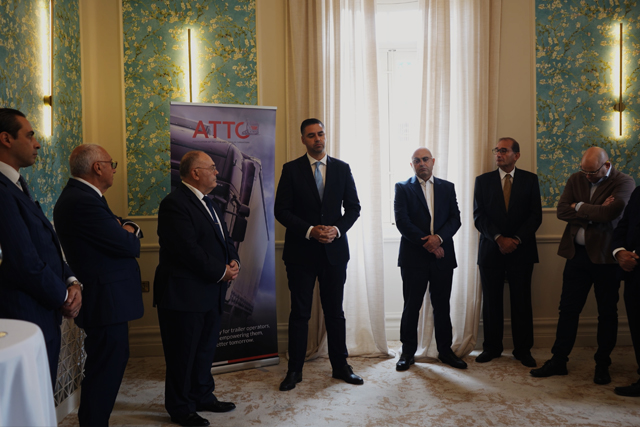
The Association of Tractor & Trailers Operators (ATTO) hosted a high-level Executive Business Luncheon this...
READ MORE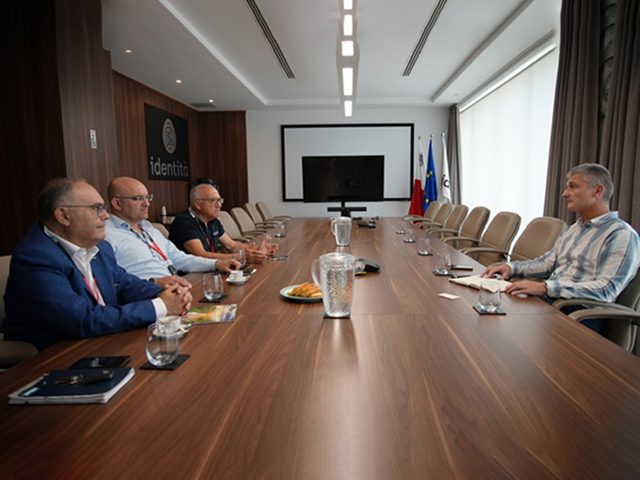
A few days following his appointment as the new Chief Executive Officer of Identità Malta,...
READ MORE
It is with great pleasure that we present the second edition of ATTO’s Newsletter for...
READ MORE
ATTO was honoured to participate in the first Stakeholders’ Forum organised by the Malta Tax...
READ MORE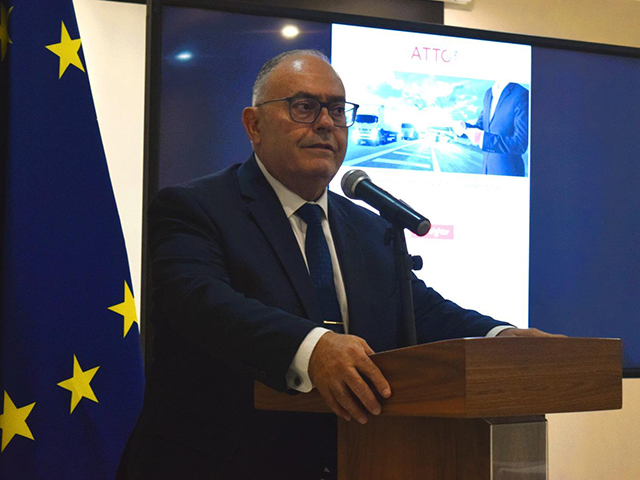
Maltese transport and logistics companies are very keen to identify best options to make use...
READ MORE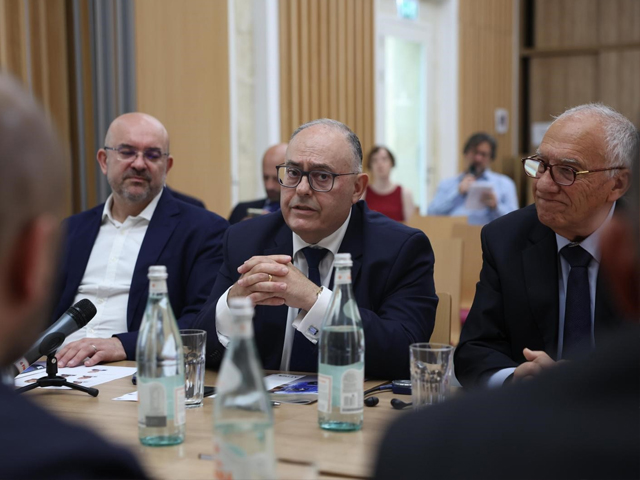
A meeting held with the European Parliament’s Committee on Transport and Tourism and the Association...
READ MORE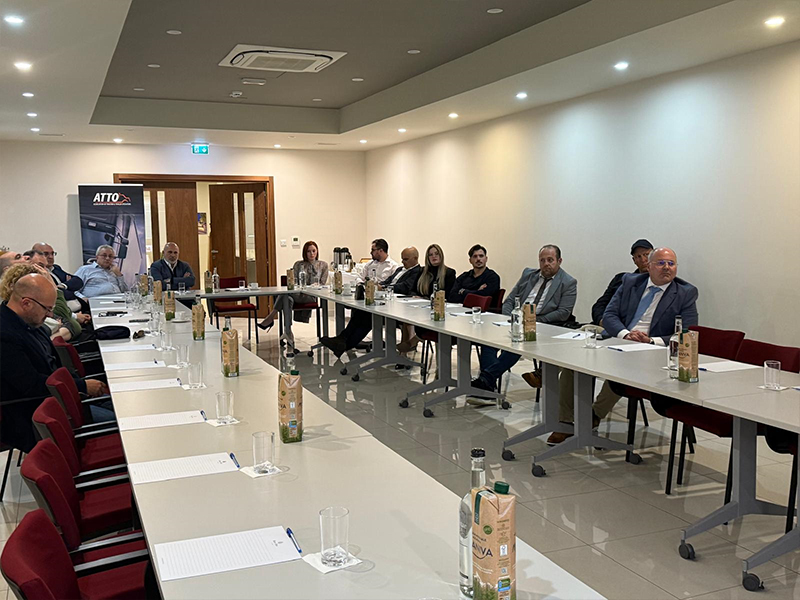
The Chairman, Joseph Bugeja welcomed members and expressed gratitude for their attendance. Dr. Daniel Attard,...
READ MORE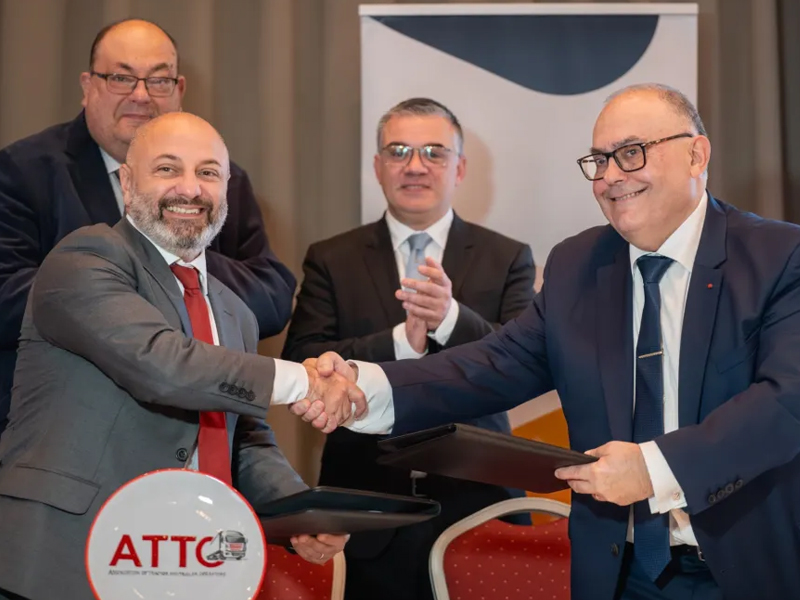
Decarbonisation and digitalisation emerged as two major challenges shaping the future of the transport and...
READ MORE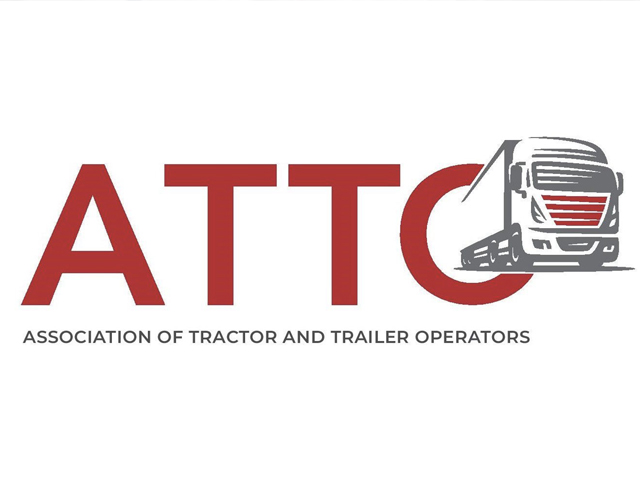
The Association of Tractor and Trailer Operators (ATTO) has revealed its newly branded logo, marking...
READ MORE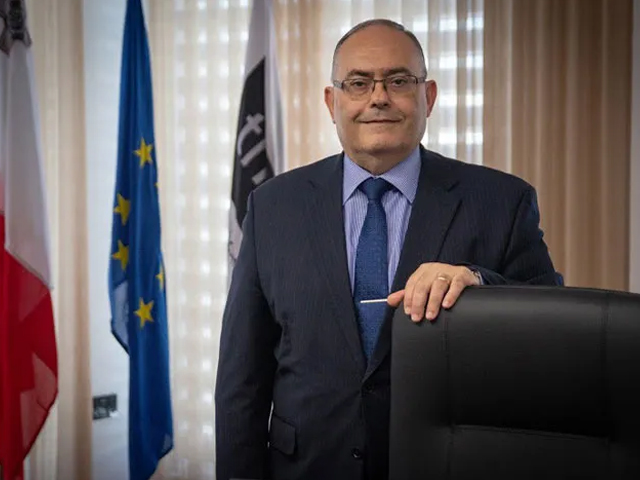
A year ago, JOSEPH BUGEJA was appointed chairman of ATTO, the association that represents Maltese...
READ MORE